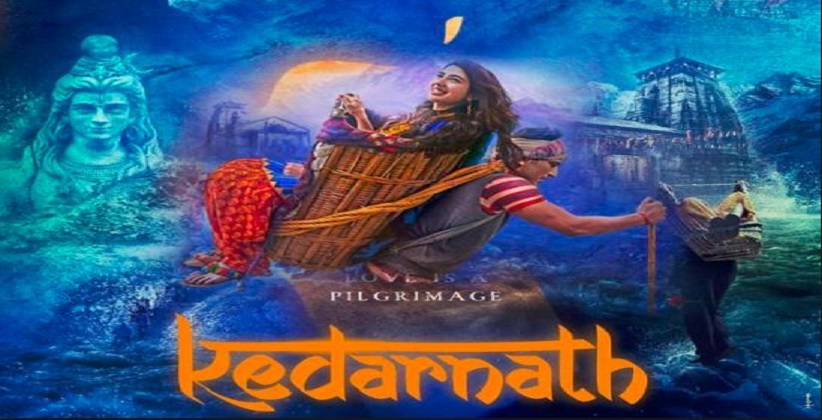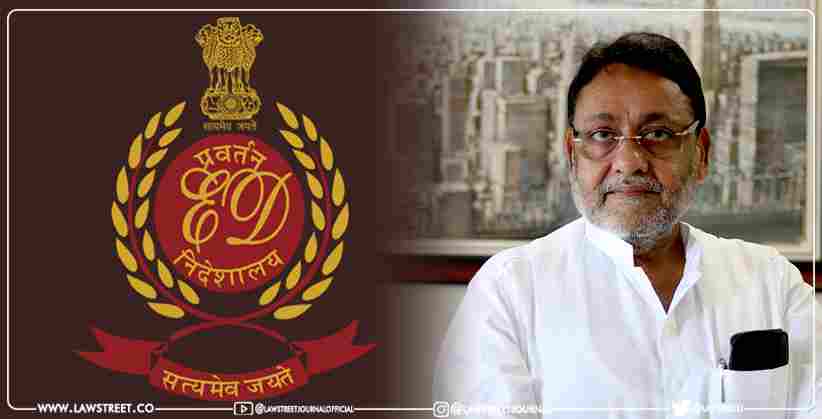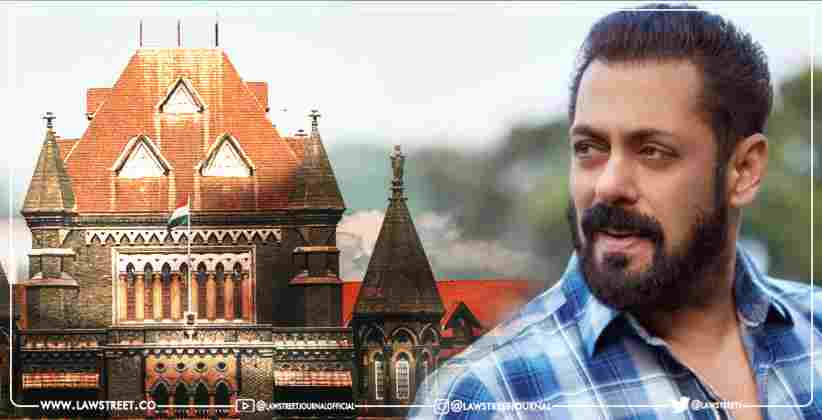Mumbai: The Bombay High Court has issued a definitive ruling that establishes Bar Associations as entities outside the scope of “State” under Article 12 of the Constitution of India, thereby rendering writ petitions against them inadmissible under Article 226.
In their detailed analysis, Justices G.S. Kulkarni and Advait M. Sethna examined the fundamental distinction between statutory bodies and voluntary associations, offering clarity on the appropriate channels for resolving disputes within professional organizations.
The court was hearing a writ petition initiated by four Kolhapur-based advocates who contested a notice from their District Bar Association. As per court records:
“This petition under Article 226 of the Constitution of India is filed challenging the notice dated 01 April 2025 issued by Respondent No. 2 – Kolhapur District Bar Association, Kolhapur, whereby the members are informed that the dues payable by its members be cleared, and only after such dues are cleared, the members would be considered eligible to participate in the proposed elections.”
Addressing the fundamental question of maintainability, the court observed:
“We may, at the outset, observe that it is certainly not possible to draw any parity in regard to the statutory duties and obligations as conferred by law on the Bar Council, which is constituted under a statute, with that of a Bar Association, which is an association of persons.”
The court referred to previous precedents, stating:
“A Division Bench of this Court in the case of Rajghor Ranjhan Jayantilal vs. Election Scrutiny Committee of B.B.A. & Anr. was considering a similar challenge with regard to the elections of the Bombay Bar Association, when the Court held that a writ petition on such cause was not maintainable, as the Bombay Bar Association was not a ‘State’ within the purview of Article 12 of the Constitution of India.”
In a specific directive regarding appropriate remedies, the court instructed:
“It is not the case that the petitioners are remediless. To assail any actions inter se between the members and the Bar Association, the petitioners may approach the appropriate Civil Court by filing a civil suit for redressal of their grievances.”
The court emphasized the potential consequences of treating Bar Associations as State entities, noting:
“If we accept the petitioners’ contention that the petition be entertained, then in such an event, any dispute whatsoever between the members and the Bar Associations would require the High Court to exercise its power of judicial review by entertaining writ petitions under Article 226 of the Constitution and adjudicating such disputes.”
The court also expressed concern about wider implications:
“In our opinion, if we entertain writ petitions on such causes, things would not stop only at the Bar Associations formed by advocates. The same logic would be required to be applied to associations of other professional bodies, like the associations of doctors, chartered accountants, and engineers, to name a few, which also discharge duties towards their members and the public.”
The petition was dismissed with the observation that treating Bar Associations as ‘State’ would lead to a “chaotic situation” in the functioning of these professional bodies.
Adv. Abhishek Nandimath, along with Adv. Shardul Diwan and Adv. Advait Vajaratkar, appeared for the petitioners.
Case Title: Shri Abhijeet Appasaheb Bacche-Patil & Ors. vs. The Bar Council of Maharashtra and Goa & Anr.




![Husband Can Also Claim Alimony/Maintenance From Wife: Bombay High Court Orders Woman To Pay Alimony To Ex-Husband [Read Order]](/secure/uploads/2022/04/lj_2823_Divorce.jpg)








